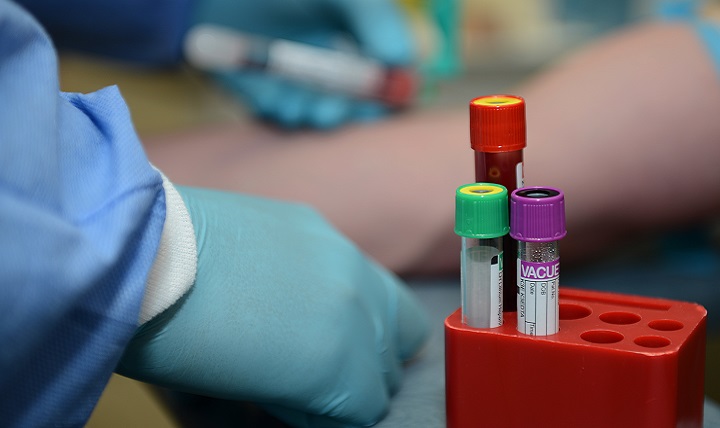Here is your guide to know about Precision Medicine, the latest technique that is changing the way we know modern healthcare.
What is it: In a complex modern world where health issues aided by free movement of people and lifestyle changes continue to create new challenges, one-size-fits-all approach to prevent and treat diseases are getting obsolete.
That brings to fore Precision medicine, which is a newly developed model of healthcare that advocates tailoring of medical treatment to the individual characteristics of each patient. It proposes customization of medical decisions, treatments, practices and products for the individual patient.
How is it done: In this model, diagnostic testing is often employed for selecting appropriate and optimal therapies based on the context of a patient’s genetic content or other molecular or cellular analysis. The patient’s response is then tracked as closely as possible and modified until the treatment is finely adapted by the patient’s body.
It employs an approach to patient care that allows doctors to select treatments that are most likely to help patients based on a genetic understanding of their disease. This is also known as ‘personalised medicine’.
An example please: Today, when you are diagnosed with cancer, you usually receive the same treatment as others who have same type and stage of cancer. Even so, different people may respond differently, and, until recently, doctors didn’t know why. After decades of research, scientists now understand that patients’ tumors have genetic changes that cause cancer to grow and spread. They have also learned that the changes that occur in one person’s cancer may not occur in others who have the same type of cancer. And, the same cancer-causing changes may be found in different types of cancer.
The hope of precision medicine is that treatments will one day be tailored to the genetic changes in each person’s cancer. Scientists see a future when genetic tests will help decide which treatments a patient’s tumor is most likely to respond to, sparing the patient from receiving treatments that are not likely to help. Research studies are going on now to test whether treating patients with treatments that target the cancer-causing genetic changes in their tumors, no matter where the cancer develops in the body, will help them.
Is it really hi-tech or only hype: This new stream of healthcare system uses modern technologies extensively to develop personalized drugs for patients. Latest and complex technologies such Artificial Intelligence (AI) and Machine Learning contribute heavily to it.
According to latest reports, AI intelligence is providing paradigm shift toward precision medicine. Besides, Machine Learning algorithms are used for genomic sequence and to analyze and draw inferences from the vast amounts of data patients and healthcare institutions recorded in every moment. Further, AI techniques are used in precision cardiovascular medicine to understand genotypes and phenotypes in existing diseases, improve the quality of patient care, enable cost-effectiveness, and reduce readmission and mortality rates.
Is it mainstream already: Well, not yet. However, large corporations globally are pouring in billions into the research and development of this model. And, the economy of scale is beginning to show for itself. While it took a whopping $2.7 billion to map the first human genome back in 2003, it can be done under $200 today.
Back in 2015, in his State of the Union address, then US President Barack Obama stated his intention to fund an amount of $215 million to Precision Medicine Initiative in US. In 2016 this initiative was renamed “All of Us” and an initial pilot project had enrolled about 10,000 people by January 2018.
Overall, as the prices keep coming down, more number of healthcare professionals and patients are expected to show willingness to use this technology.
